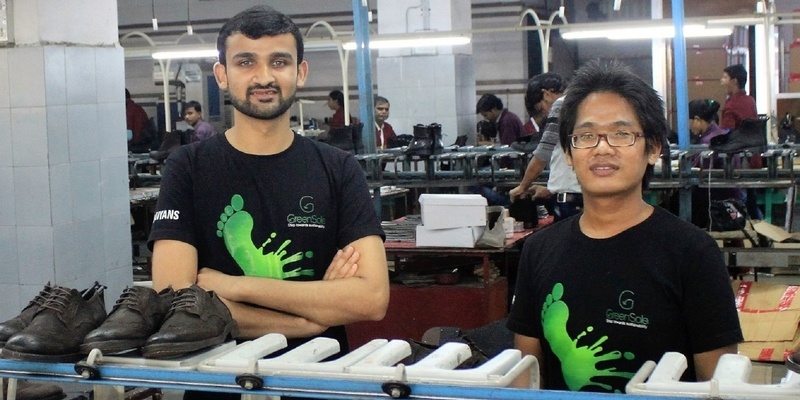Adventure Awaits! Doda Hosts 6th National Rafting Championship at Shibnote
Doda district in Jammu is all set to host the 6th National Rafting Championship from February 19 to 22, 2026, at Shibnote (Thathri), promising an exhilarating display of skill, endurance, and teamwork. Chaired by Deputy Commissioner Harvinder Singh, the preparatory review meeting emphasized meticulous planning for logistics, safety, accommodation, medical facilities, transportation, and overall coordination, ensuring the event is seamless and memorable. Organized by the Department of Tourism in collaboration with the District Administration, the championship is a strategic move to showcase Doda’s natural beauty and adventure tourism potential to the nation. The Deputy Commissioner highlighted the importance of strict safety protocols, crowd management, and interdepartmental coordination. Attended by local officials, representatives of rafting teams, and tourism authorities, the meeting set the tone for a championship that promises not only competitive excitement but also a boost for Doda’s visibility on the national adventure tourism map.Adventure Meets Excellence: The Thrill of RaftingRafting, particularly whitewater rafting, has evolved into one of the most thrilling adventure sports in the world. Originally emerging in the 1950s and earlier, rafting began with small individual rafts of 3–4.3 meters, paddled with double-bladed oars. Today, it has grown into multi-person expeditions navigating turbulent rivers with sophisticated rafts steered by experienced guides or oarsmen at the stern. The sport demands teamwork, courage, and quick decision-making, making each rapid a test of skill and endurance. Whitewater rafting is not merely about adventure—it is an experience that connects participants with nature in its rawest form. The roaring currents, the spray of frothy water, and the unpredictability of each rapid create an adrenaline-fueled journey that leaves lasting memories. For athletes and enthusiasts alike, rafting is as much about mastering the river as it is about embracing the thrill of risk and resilience.Boosting Adventure Tourism in DodaThe championship is more than a sporting event; it is a statement about Doda’s tourism potential. With its pristine rivers, scenic valleys, and rugged terrain, the district offers ideal conditions for whitewater sports. The championship is expected to attract athletes, adventure tourists, and spectators from across India, bringing economic opportunities to local businesses, hotels, and service providers. By connecting local communities with national-level adventure tourism, the event fosters pride and engagement among residents. Shops, eateries, and homestays around Shibnote will experience increased activity, while the visibility gained from media coverage and social media will establish Doda as a premier adventure destination for years to come.Ensuring Safety and Seamless CoordinationDeputy Commissioner Harvinder Singh stressed the need for comprehensive safety arrangements. Medical facilities, trained rescue teams, life jackets, helmets, and emergency protocols have been prioritized to ensure the well-being of participants. Coordination among departments—including traffic, police, and tourism authorities—is aimed at maintaining order and providing a positive experience for athletes and visitors alike. Safety in rafting goes beyond equipment; it is a combination of skill, preparation, and vigilance. Experienced guides and officials will supervise each team, assessing river conditions and navigating risks to ensure that adventure does not come at the cost of safety. This meticulous planning reflects the organizers’ commitment to creating a championship that balances thrill with responsibility.The Future of Rafting and Adventure Sports in IndiaWith each edition, the National Rafting Championship strengthens India’s standing in the global adventure sports arena. Events like these encourage local governments to invest in infrastructure, river conservation, and tourism promotion. For Doda, the championship is a turning point, potentially establishing the district as a year-round hub for rafting and related adventure sports. Whitewater rafting, with its combination of thrill, skill, and natural beauty, continues to captivate enthusiasts worldwide. Doda’s rivers now have the opportunity to nurture talent, attract tourists, and inspire future generations of athletes. This championship represents a confluence of nature, sport, and human ambition—a story of courage, community, and celebration on the roaring waters of the Chenab tributaries.A Milestone for DodaThe 6th National Rafting Championship is more than just a sporting event; it is a testament to Doda’s potential, a celebration of adventure, and a human story of courage and connection. By bringing national attention to its rivers and valleys, the district is poised to shine as a model of sustainable adventure tourism, inspiring athletes, visitors, and locals alike. As the rafts navigate the thrilling rapids of Shibnote, they carry with them not just competitors, but the hopes, pride, and aspirations of the entire Doda community.

.jpg)

.jpg)

